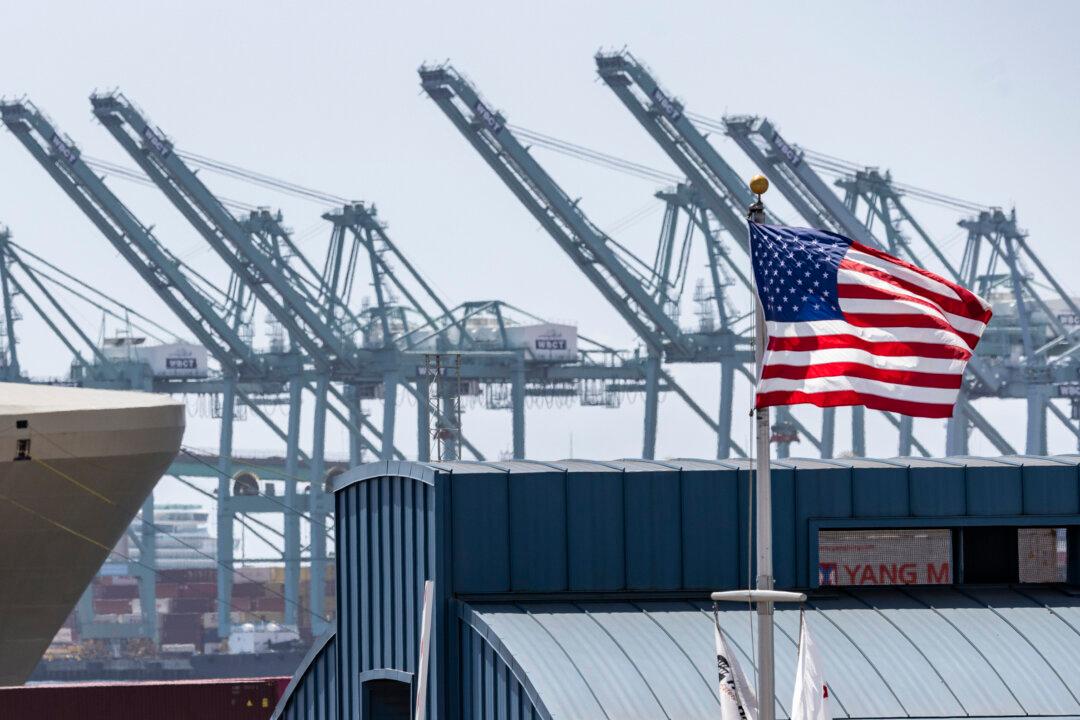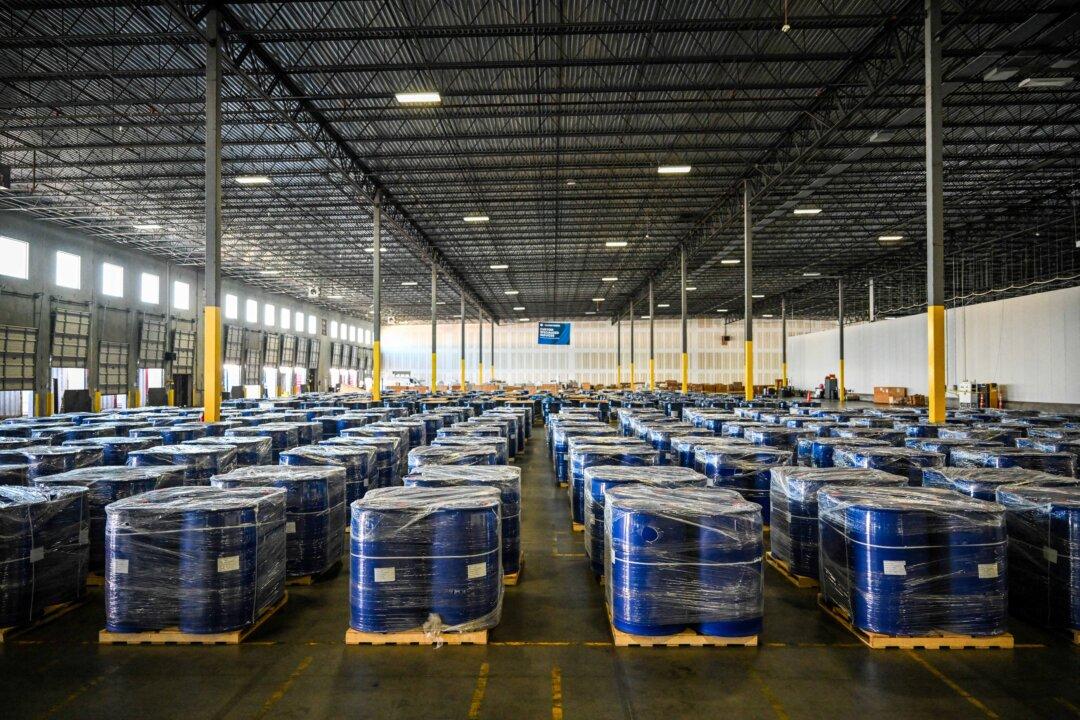Commentary
For as long as trade has existed, there have been duties, fees, levies, tariffs, or taxes that have been applied in all shapes and sizes on goods entering a country. Some folks continue to promote the idea that free trade exists, but it has never truly existed.





